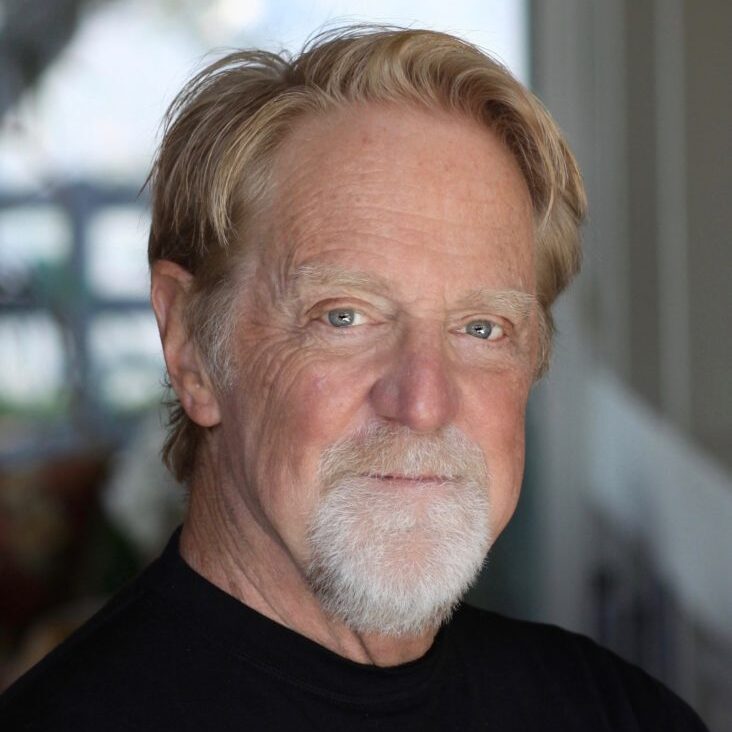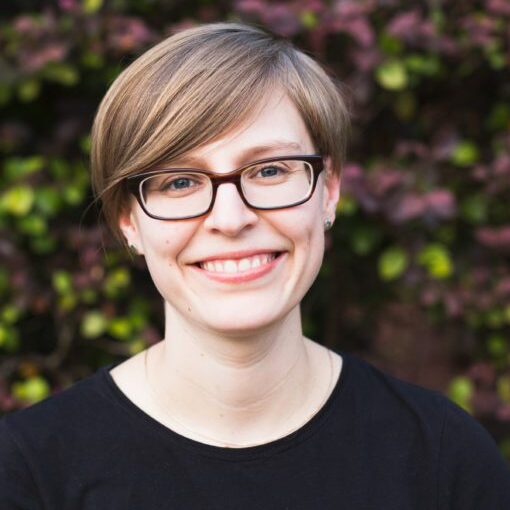- Debates
Features
Topics
Upcoming debates
-
-
-
For decades, the U.S. stood as a stable, predictable, and committed global power—one its allies could count on in times of crisis. Thanks to its extensive network of alliances—NATO in Europe, bilateral security pacts in Asia, and numerous partnerships in the Middle East and beyond — America helped anchor the global order. But under President Trump, the reliability of that leadership is being tested. Recently, the Trump administration has insisted that NATO allies raise their defense investment to five percent of GDP and has cast doubt over whether the U.S. would defend any allies that spend too little. The Pentagon is considering a proposal to reduce its military footprint in Europe in favor of prioritizing the Indo-Pacific region and countering China. While Trump is back in the Oval Office, is America still the ally the world can count on? Those doubting America’s reliability under Trump argue that other countries will now feel uncertain and exposed, giving rise to questions over whether future Trump-era foreign policy would be based on enduring commitments or transactional politics. This could force them to re-evaluate and fortify their security. Those who say the U.S. is still reliable under Trump argue NATO and other countries have relied too much on America’s geopolitical power. Pushing allies to take more responsibility will ultimately strengthen the global security architecture and ensure a more balanced alliance. With this context, we debate the question: Is Trump’s America A Reliable Ally? This release is the third and final installment of our inaugural foreign policy debate summit: The Trump Doctrine: A Global Reckoning?— a three-part series examining how Donald Trump’s foreign policy in his second term is reshaping U.S. relations with Russia, Europe, and the Middle East.Friday, June 20, 2025
-
- Insights
- About
-

SUPPORT OPEN-MINDED DEBATE
Help us bring debate to communities and classrooms across the nation.
Donate
- Header Bottom

















JOIN THE CONVERSATION